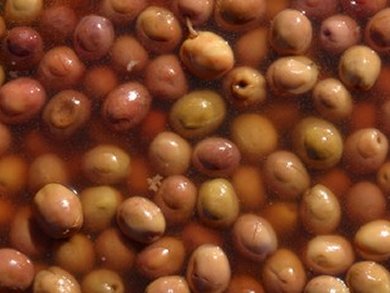The sex-hormone-binding globulin (SHBG) binds androgens and estrogens with high affinity in the blood, thereby regulating their bioavailability. Low levels of SHBG in the plasma have previously been found to be associated with obesity, metabolic syndrome, and predict the development of type 2 diabetes.
As the Mediterranean diet is associated with a decreased risk of obesity, metabolic syndrome, and cardiovascular diseases, David M. Selva, Universitat Autònoma de Barcelona, Spain, and colleagues investigated the effect of an olive-oil-based Mediterranean diet on the plasma SHBG levels. To this purpose nutrition data and plasma samples for SHBG assessment of 315 men were obtained. SHBG levels were significantly higher in subjects using olive oil for cooking than for subjects using sunflower oil.
To investigate the effect of olive oil further, the effect of oleic acid (C18:1), the major component of olive oil, on SHBG production was analyzed in vitro. Results show that oleic acid increases the production of SHBG, thus leading to higher SHBG plasma levels.
The main limitation of the present study is the fact that those results can not be generalized to women. Further investigations are necessary to see, if the regulation of SHBG production works in a similar way for women.
- Oleic acid increases hepatic sex hormone binding globulin production in men,
Cristina Sáez-López, Federico Soriguer, Cristina Hernandez, Gemma Rojo-Martinez, Elehazara Rubio-Martín, Rafael Simó, David M. Selva,
Mol. Nutr. Food Res. 2013.
DOI: 10.1002/mnfr.201300304



